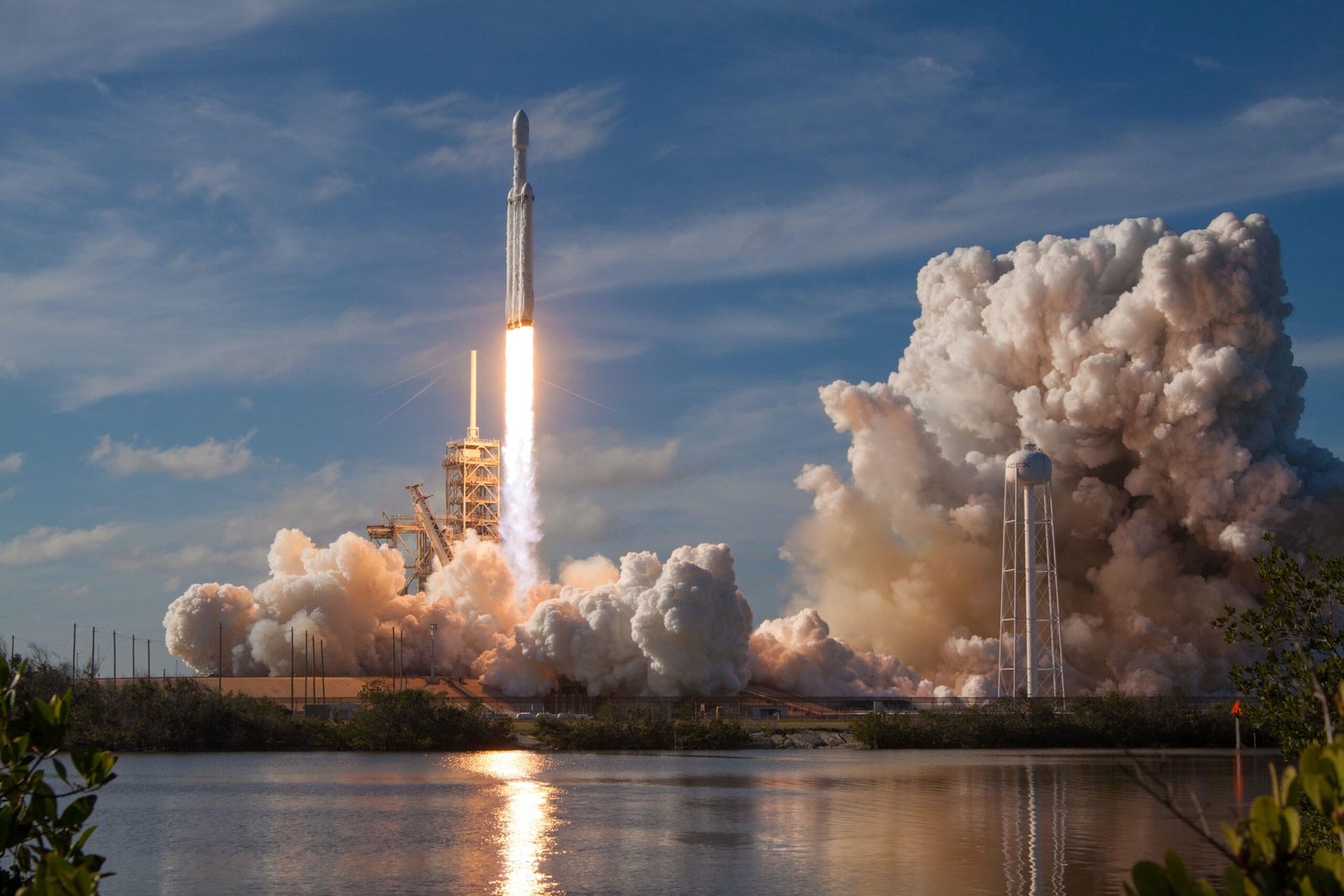Putin’s Quest for More Arms and Less Ostracism
In the current geopolitical climate, Vladimir Putin’s strategic maneuvering is driven by a pressing need to secure additional military support and alleviate Russia’s diplomatic isolation. Facing a barrage of international sanctions and increasing diplomatic ostracism, Russia’s position on the global stage has become increasingly precarious. These circumstances have compelled Putin to seek new alliances and bolster his country’s military capabilities, with a recent focus on North Korea as a potential ally.
The historical context of Russia’s military needs reveals a continual quest for advanced weaponry and strategic partnerships. During the Cold War, the Soviet Union’s military might was unrivaled, but the post-Soviet era has seen significant challenges in maintaining that level of defense prowess. The current state of Russia’s defense sector, though still formidable, faces technological gaps and resource constraints exacerbated by economic sanctions from Western nations.
Securing arms deals with North Korea offers Putin a dual advantage. Firstly, it provides a much-needed influx of military hardware, which is critical for maintaining and enhancing Russia’s defense capabilities. North Korea, despite its own economic woes, has managed to develop a range of military technologies, including ballistic missiles and artillery systems, that could be of significant value to Russia. Secondly, forging closer ties with Pyongyang serves to break the diplomatic isolation imposed by the West, signaling to the international community that Russia has alternative avenues of support and cooperation.
The broader implications of this strategic pivot are multifaceted. On one hand, increased military collaboration between Russia and North Korea could escalate regional tensions, particularly in East Asia, where North Korea’s actions are closely monitored by neighboring countries and the U.S. On the other hand, it underscores a shifting balance of power, where traditional alliances are being reevaluated, and new geopolitical partnerships are emerging. For Russia, aligning with North Korea not only addresses immediate military needs but also positions it as a resilient player capable of circumventing Western isolation tactics.
The Significance of Kim Jong Un’s Statesman’s Visit and Potential Concessions
The diplomatic and strategic significance of Vladimir Putin rewarding Kim Jong Un with a statesman’s visit to Pyongyang cannot be understated. Historically, Russia-North Korea relations have been marked by fluctuating alliances and occasional tensions, yet the recent move by Putin signals a potential reinvigoration of bilateral ties. This high-profile visit serves as a powerful symbol of renewed cooperation between the two nations, underpinned by mutual interests in countering Western influence and bolstering regional security.
By orchestrating this visit, Putin is likely aiming to secure military support from North Korea in exchange for a variety of concessions. These concessions could encompass economic aid, vital to the sanctions-hit North Korean economy, technological exchanges that might bolster the country’s defense capabilities, or political backing in international forums such as the United Nations. Each of these potential rewards carries significant weight, offering Kim Jong Un the opportunity to strengthen his regime internally while gaining external support.
The risks and benefits of this diplomatic maneuver are manifold for both leaders. For Putin, solidifying an alliance with North Korea could amplify Russia’s strategic leverage in East Asia, providing a counterbalance to the influence of the United States and its allies. However, aligning too closely with the isolated regime in Pyongyang could also draw international condemnation and further economic sanctions against Russia. Conversely, for Kim Jong Un, welcoming Putin’s visit enhances his international stature and projects an image of a formidable leader capable of attracting powerful allies. Nevertheless, such a move could exacerbate tensions with neighboring countries, particularly South Korea and Japan, and potentially invite harsher measures from the global community.
The geopolitical implications of this visit extend beyond bilateral relations, potentially altering the regional dynamics in East Asia. A strengthened Russia-North Korea axis could challenge existing security arrangements, necessitating recalibrations by other regional actors. Ultimately, this statesman’s visit underscores the intricate interplay of diplomacy, strategy, and power in shaping the international landscape.



